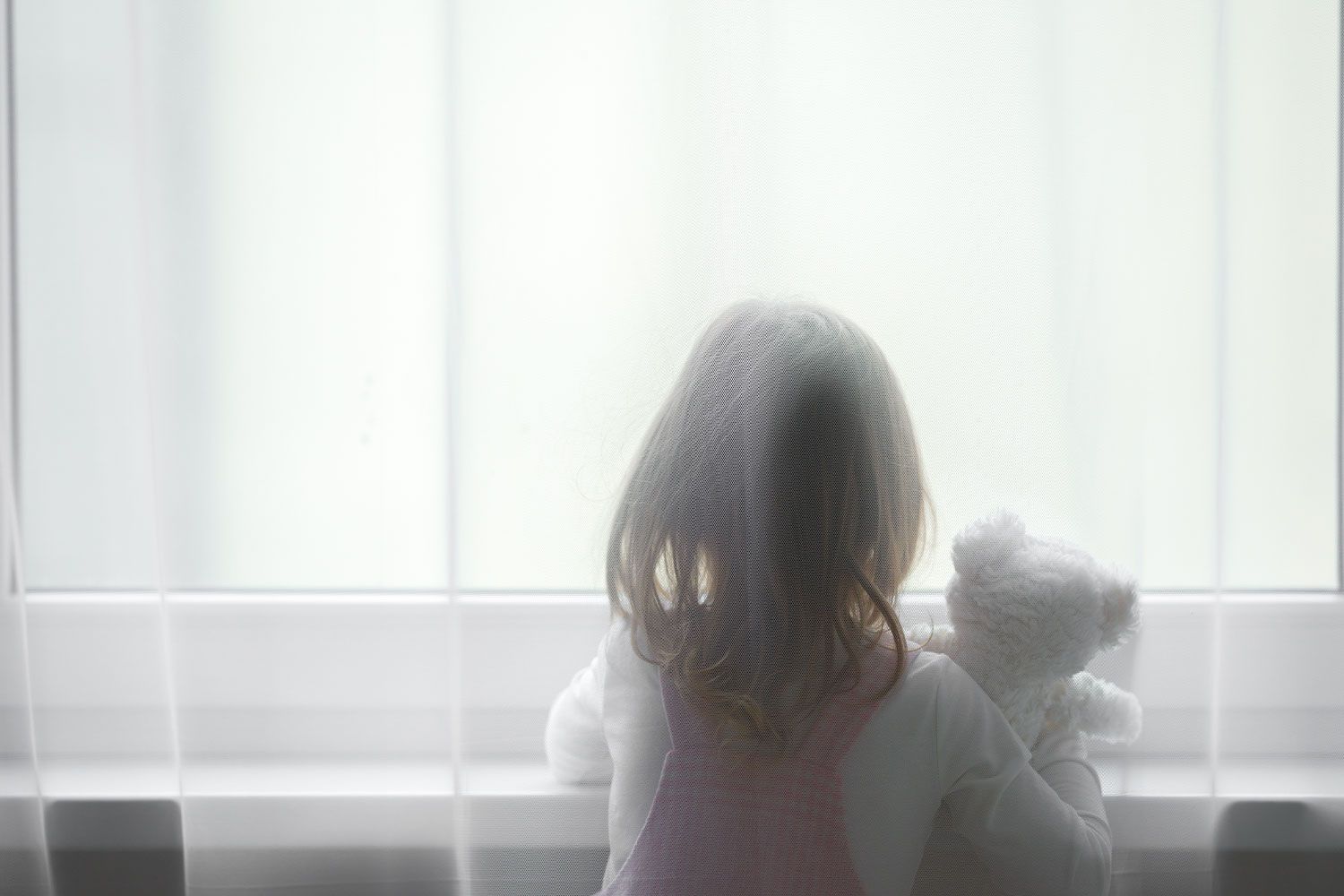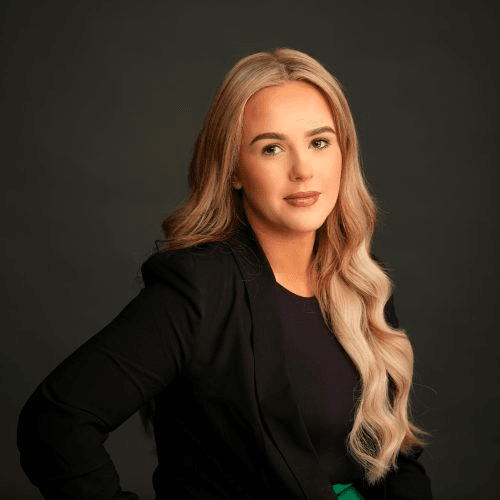A Guide to Participation in the Mother and Baby Homes Inquiry Public Consultation
Mother and baby homes were established in Ireland in the 1920s. Their purpose was to house unmarried mothers and their children, ostracising them from society. There was more than a dozen of these institutions ran by Roman Catholic nuns, with three of them having workhouses known as Magdalene Laundries. Frequently, the workhouses would have been exhaustive and unpaid work, with many of the mothers and children suffering physical, mental, and emotional abuse from the nuns. It is estimated that around 10,500 women entered these homes in Northern Ireland between 1922 and 1995.
Since it has come to light that many women and children suffered severe abuse in these homes, the Northern Ireland Executive has announced a public inquiry to investigate the mother and baby Institutions, including the Magdalene Laundries and workhouses. The Inquiry will investigate the mistreatment of the women and children who entered these homes.
The Inquiry has been split in to two separate stages:
A non-statutory independent panel to gather testimony and publishing its findings and recommendations.
A statutory public inquiry with full legal powers to compel evidence and witnesses.
The Truth Recovery Independent Panel have been tasked with carrying out the initial stage of the Inquiry and are currently in the process of gathering testimonies from survivors. The deadline for registering to share your experience with the Panel has been set for 1st May 2025.
The Panel has invited the following people to get in touch before Thursday 1st May 2025:
Any person who has been directly impacted by Mother and Baby Institutions, Magdeline Laundries and Workhouses in Northern Ireland between 1922 and 1995.
Any person who has been directly impacted by the pathways and practices related to one of these institutions, including:
The care system, fostering and adoption practises
Relating institutions such as ‘baby homes’
Private nursing homes
Cross-border and international transfers of women and children
Any family member of a person who has been directly impacted.
Any person who has worked or volunteered in, or lived in close proximity to the institutions who can share any relevant information, knowledge, or memories about their practises.
This investigation has been designed by survivors working in tandem with experts, some of which worked on the modelling of the Hillsborough Inquiry. The Truth Recovery Panel will allow for the gathering of evidence in a non-confrontational manner which will then be used to inform the next stage of the Inquiry.
Creating a sensitive and safe environment for survivors to speak openly about their experience is an important initial step for the Panel to take and will likely inform the direction that the subsequent statutory investigation will take. There is an option for confidentiality for those who wish to remain anonymous but still wish to put their experience on record and help develop the final report and recommendations made to the Public Inquiry.
What is the difference between statutory and non-statutory Inquiries?
Once the non-statutory stage of the Inquiry is complete and the Panel have published their report, a statutory Inquiry will then commence. The main difference in these stages is that a statutory inquiry will have full legal powers to compel witnesses and evidence, whereas a non-statutory inquiry does not have any legal powers and participation in the process is entirely voluntary.
In the case of mother and baby homes, it is essential that the Inquiry is as robust and thorough as possible. The dual approach of having complimentary non statutory and statutory phases of the Inquiry should assist in ensuring that there are no gaps in the investigation and that the experiences of survivors are central to informing the investigation.
The statutory public inquiry will hopefully bring justice to the victims and survivors of Mother and Baby homes in Northern Ireland and public consultation is a critical part of this process. It is envisaged that a financial redress scheme will be set up to compensate victims and survivors, however, the precise details of how this scheme will work have not been finalised.
Gathering information on the lived experience of victims and survivors is a positive way for the Inquiry to commence its work. Individuals who were impacted by these institutions or those with relevant knowledge are urged to get in contact with the Truth Recovery Independent Panel before Thursday the 1st May 2025.
For more information into the Truth Recovery Panel please visit their website:

